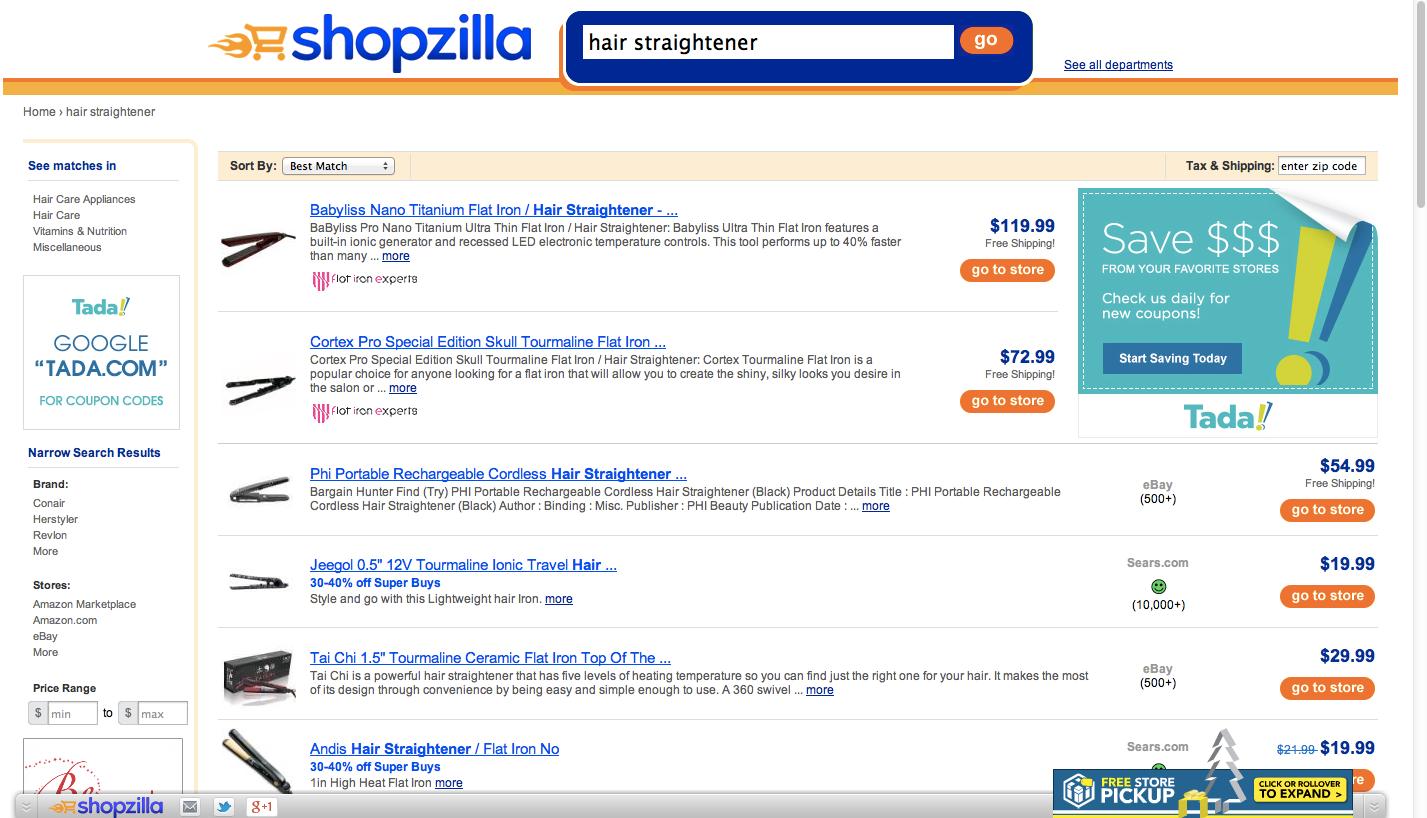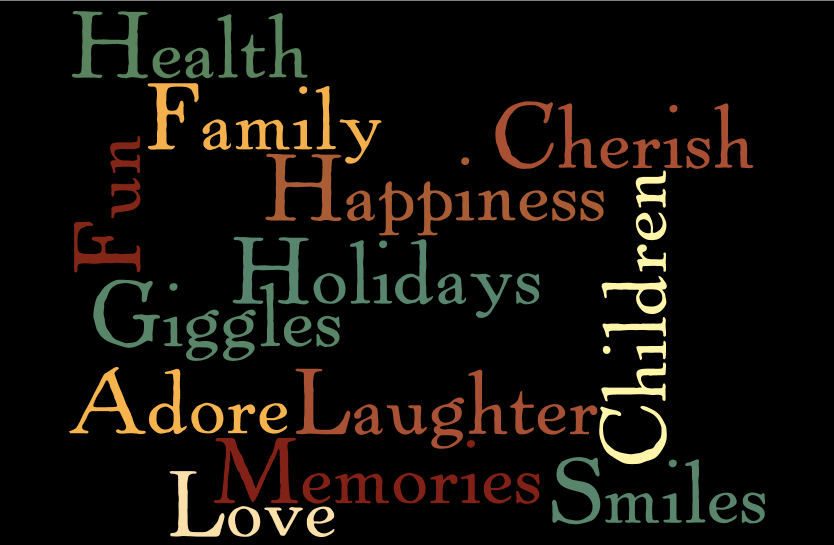So, I learned some interesting things in this chapter, such as the reason the internet was created, how, and by whom. First of all, the 'internet' is a whole network of computers that reach globally and allow people and businesses to communicate and work together. It is used for many different things. The internet allows for customers to purchase from businesses (B2C), Businesses using online sources to find suppliers for the stuff they need to run their companies (B2B), companies using internet sources to give their employees services (B2E), and finally, (C2C) which is consumers doing business transactions with other consumers...Ebay for example. These are the major ways that the internet has changed the business world, but you also have users who are on simply to relax, play games, keep in touch with family. There are many social networks to choose from, Facebook and Twitter are probably the most well known right now. There is the use of email, internet chat rooms, newsgroups and mailing lists to help people stay connected to the outside world. Whether it be keeping in touch with old friends, or keeping current on the latest news or political occurrences. The internet's uses are never-ending. The possibilities are limitless.
Computers first started being used in the early 60's, but not by regular people. The government had about 10,000 of them for the use of "specific, mission-critical work" for different pieces of government. The government was afraid that we were at risk of an attack having all of our computers in one spot so they pushed for scientific study so we could have information in several different locations. Leonard Kleinrock, a UCLA scholar came up with the idea to use the same idea as the telephone's 'circuit switching' but use 'packet switching' instead. The idea was right but he found that the telephone lines were too unstable to work properly. Kleinrock took the idea to ARPA (advanced research projects agency) and convinced them it would work so he had government funding behind him. Together they formed ARPANET. By the end of 1970 they had thirteen more research companies with them. The internet nearly doubled in size every year, for the next 15 years. During the early stages of the internet, researchers had to make changes constantly because there wasn't a set standard communication used by everyone, so they weren't able to link with each other. This is where TCP and IP came from. Transmission Control Protocol and Internet Protocol, which gave them a set of rules, so to speak. TCP/IP has been mandatory since 1983. In the late 70's to early 80's the academic community started using the internet. 1987 is when the internet really got its boost. Al Gore, who was a senator at that point, sponsored a bill to sink a lot of research and funding into it's creation. In 1992 congress passed a law to allow commercial use of the internet, which as you can imagine, really skyrocketed the desire to be connected. In the mid 90's computer hosts got names instead of numbers to identify themselves. In the early 1990's two things were simultaneously happening to really enhance the use of the internet. One was the organization of the 'gopher' system to make it so people could easily maneuver through the hierarchy of files. The second was Tim Berners-Lee was figuring out how to use hyperlinks the way we do today. In order to figure out how to make hyperlinks work he created HTML to design pages that not only had text, but images as well. In order to read these pages however, he had to create another special program which was called WorldWideWeb and an address system that directs the computer to where the pages are stored. This is called Hypertext Transfer Protocol, or (HTTP) for short. By 1994 several other programmers made their built their own browsers and the World Wide Web just expanded continuously. In 1996 universities wanted to be separate from all the commercial usage of the internet. They wanted one just for academics so Internet2 (I2) was developed. I2 is not accessible to the general public.
There are many different options for connecting to the internet now. There is the regular telephone line, referred to as 'dial-up', a digital subscriber line or DSL, cable, satellite, microwave, Wi-Fi, and mobile wireless. Most businesses, schools, libraries, connect their computers using a local area network (LAN), which means all the computers on that network can see and share resources available to them. Then they hook their LAN to the internet so all computers in it have access. All of these options have their pros and cons. Dial-up is cheap, but extremely slow. DSL is fast but has limited availability. Cable is a good option as far as availability, speed but can get expensive. Satellite you can get anywhere but is very costly. Microwave has to have a direct signal to the tower, along with special equipment. Wi-Fi is fast, but it has limited availability and you have to stay in close range to the system. Mobile wireless is a great option if you are somewhere that gets great cellular reception. It is portable and high speed but you run the risk of not getting reception and you may run into limitations on your bandwidth usage.
Now, my personal thoughts....wow... that is about all I can say after learning all that. What an amazing effort by so many different people to come together and create the internet. What surprises me is that it doesn't even seem like it was the plan from the beginning. It seems to have just evolved from a small idea into a huge snowball. I never knew that Al Gore was behind the financial push to develop and evolve it. Without that financial support, who knows how far behind we would be now. Not to mention the brilliance of the computer programmers that had the ideas for web pages, html, http...it just amazes me so much. I would imagine it's because my brain doesn't work that way. I'm sure glad some people's do though!








